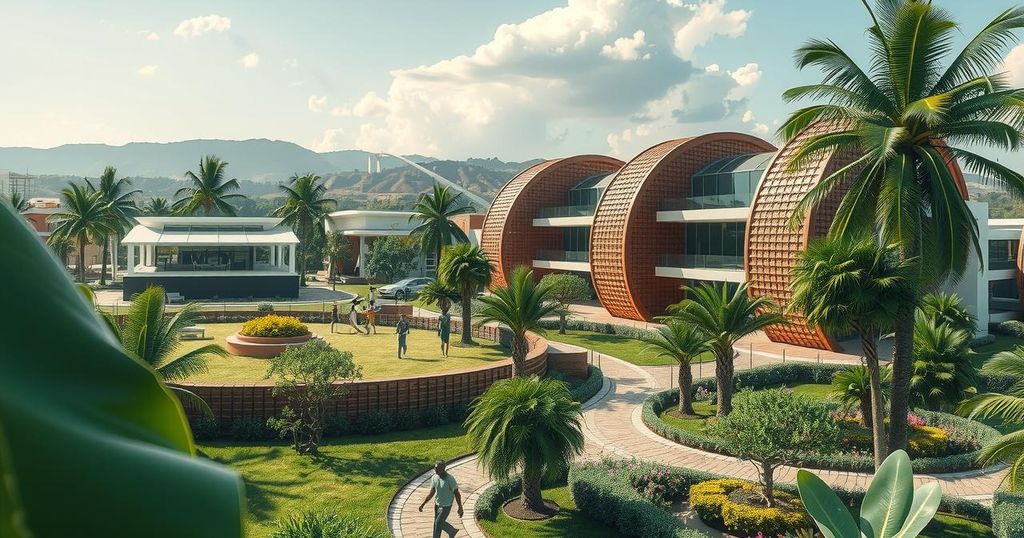Côte d’Ivoire has demonstrated remarkable economic growth, with GDP averaging 6.4 percent and efforts to manage climate change. The IMF’s involvement is crucial for implementing reforms aimed at achieving upper middle-income status and enhancing the resilience of the economy. Challenges remain, particularly in addressing the informal labor market and climate vulnerabilities, yet the government is committed to fostering a more inclusive economic environment through targeted policies and international support.
Côte d’Ivoire has emerged as a crucial driver of growth and stability within West Africa. Over the past decade, it has achieved an impressive average GDP growth of 6.4 percent and maintained inflation around 2.2 percent, thus reducing poverty levels. However, challenges persist, notably the informal labor sector and vulnerability to climate change. Government investments in infrastructure and reforms supported by the International Monetary Fund (IMF) have helped maintain macroeconomic stability while fostering diversification away from cocoa reliance. As Côte d’Ivoire strives to attain upper middle-income status, the IMF’s support through various financial frameworks is essential for achieving these goals. The nation’s ambitious reform agenda focuses on enhancing revenue mobilization, improving business conditions, and addressing climate vulnerabilities through targeted initiatives like climate financing and sustainable agricultural practices. Ultimately, these efforts aim to bolster economic resilience and support sustainable development across the country.
Côte d’Ivoire, a nation characterized by strong economic performance, faces challenges that hinder its growth trajectory. The informal economy, though diminishing, remains prevalent, compromising the country’s ability for inclusive growth and tax revenue generation. Additionally, compliance with West African Economic and Monetary Union (WAEMU) regulations is crucial as Côte d’Ivoire progresses towards upper middle-income status. The IMF’s involvement, through tailored financial supports, assists in navigating both economic reforms and the impacts of climate change.
In summary, Côte d’Ivoire is on a promising path toward achieving economic stability and upper middle-income status while facing significant challenges. The commitment to structural reforms, coupled with IMF support, plays a pivotal role in addressing these challenges and fostering resilient growth. The focus on climate change adaptation and the mobilization of domestic revenue will be fundamental to sustaining this trajectory, ultimately ensuring a more inclusive and diversified economy.
Original Source: www.imf.org






